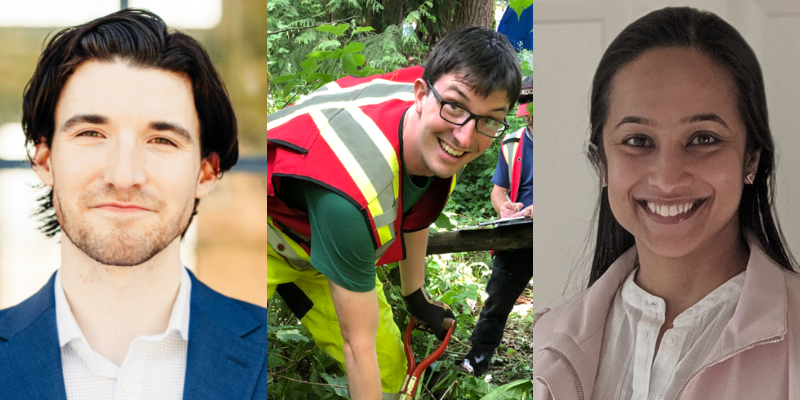Science Events in Seattle
Stay up-to-date with all of the life science events taking place in the Seattle area with the Science in Seattle events calendar! From academia to industry and biotech to pharma, our events calendar is your complete source for life science conferences, symposiums, networking, and workshops in Seattle. We even cover science pub nights and science fundraisers!
If you’re interested in promoting your life science event on the Science in Seattle events calendar, please use our event submission form.

- This event has passed.
UW Engage Science 2023
May 15, 2023 - 5:30 pm - 6:30 pm

UW Engage Science sees a future where every graduate student has access to science communication training, and therefore good science communication becomes the norm. The outcome is an increased public trust and positive attitude toward science, ultimately strengthening the connection between the public and scientists. Join us for a look at the forefront of research in our region and meet the students who are leading the latest wave of scientific discovery.
Rory Mcguire: Automating science by putting the lab on a chip
Computers used to be the size of rooms, and now they fit in our pockets. Biology, chemistry, and medical research on the other hand still require big, expensive lab spaces. But what if we could shrink the lab down to the size of a phone, or maybe even smaller? Putting a lab onto a chip could make research more accessible to underfunded institutions, cut the wait time between a doctor’s visit and getting a diagnosis, and reduce hazardous biological and chemical waste, among other benefits. Motivated by these possibilities, Rory McGuire is developing a “lab-on-a-chip” that uses electrical signals to manipulate liquids and molecules on a palm-sized platform that can all be controlled from your laptop.
Rory Mcguire does research at the intersection of computation and biology. Sometimes this means using DNA as a hard drive to store digital data, and sometimes this means using electronics to automate biological experiments. Rory has spent the last 2 years developing open-source hardware and software with the aim of making biology and chemistry research more accessible, efficient, and equitable.
Keenan Ganz: Predicting where the next wildfire will burn
Recent large forest fires in the American west have placed wildfire, and its consequences, in the public eye. For nearly a century, forest managers have suppressed fire in naturally burning forests and used public awareness campaigns to portray wildfire as a destructive and wasteful force. But, recent scientific work and recognition of Indigenous land practices point to the opposite interpretation: fire is crucial to keeping our forests healthy. Keenan’s work is about helping us live with fire. He studies how computer models can help us prepare for when the next fire will burn.
Keenan Ganz is a graduate student in Remote Sensing at the University of Washington. He uses specialized cameras on satellites and drones to study forest health and wildfire. One day, Keenan wants to build an improved forecasting system to understand when and where wildfire will burn next.
Rasika Venkataraman: How understanding the environment of cancer can help us treat it
Blood cells develop and mature in a spongy environment within our bones called the bone marrow. The bone marrow and blood cells are in constant communication with each other making sure the ‘blood headquarters’ is functioning smoothly, replenishing blood throughout life. A small population of humans is born with a mutation in a specific gene, which puts them at risk of developing blood cancer later in life. A mutation is a change in our genes, which are codes that tell our body to function a certain way. To understand how this mutation causes blood cancer, we need to study its function in blood cells as well the bone marrow environment. This will shed light on potential disruptions in the communication between the blood cells and the bone marrow, which could then be leveraged to improve blood cancer treatment in patients that have this specific mutation.
Rasika Venkataraman is a third-year graduate student at the University of Washington’s Department of Lab Medicine and Pathology. Her research focuses on studying a specific hereditary mutation in DNA that causes blood cancers. She aims to investigate how this mutation alters the environment in which the cancer cells develop and grow, to improve the treatment of blood cancer.

